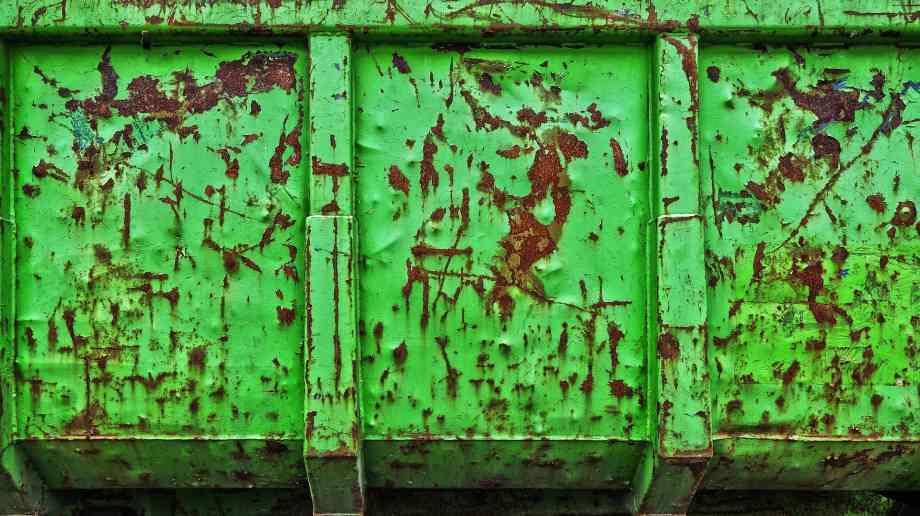Sue Robb of 4Children talks to Julie Laughton and Alison Britton from the Department for Education about the role of childminders in delivering the 30 hours free entitlement.
New crackdown on fly-tipping announced

Households will no longer have to pay to get rid of DIY waste under plans set out by government to change the rules that currently allows some local authorities to charge for DIY waste from households.
Fly-tipping is a crime which blights communities, poses a risk to public health and the environment, and costs up to £392 million a year. Local authorities dealt with 1.13 million fly-tipping incidents in 2020/21, up by 16 per cent from 2019/20.
As part of a fresh move to crack down on fly-tipping, which has increased since the beginning of the pandemic, the proposals will mean that household DIYers would not be charged to get rid of waste including plasterboards, bricks and bath units.
Approximately a third of local authorities still charge for certain types of DIY waste, using rules designed for construction waste. The changes outlined in a technical consultation will change this rule and could save households up to £10 for an individual item.
A number of councils in England will also be awarded grants, totalling £450,000, to tackle fly-tipping through trial projects, including CCTV to target hotspots.
Environment Minister Jo Churchill said: “When it comes to fly-tipping, enough is enough. These appalling incidents cost us £392 million a year and it is time to put a stop to them. I want to make sure that recycling and the correct disposal of rubbish is free, accessible and easy for householders. No one should be tempted to fly tip or turn to waste criminals and rogue operators. Furthermore, the funding that we have announced for Local Authorities today will help them trial innovative new projects to put a stop to fly tipping. We will learn from the successes – and replicate them.”
The Department for Environment, Food & Rural Affairs has also launched a call for evidence on the use of booking systems at recycling centres amid concerns these could be making it harder for people to dispose of their waste and increasing the risk of fly-tipping.
Company Focus
Located in Bromley, Japanese Knotweed Eradication Ltd has been providing solutions in the treatment and removal of Japanese Knotweed (Fallopia Japonica) for over a decade. During this time we have mastered a repertoire of methods, from herbicidal treatments to landscaping solutions, tailored to address the unique challenges our clients face with this pervasive weed.
Event Diary
UKREiiF has quickly become a must-attend in the industry calendar for Government departments and local authorities.
The multi-award-winning UK Construction Week (UKCW), is the UK’s biggest trade event for the built environment that connects the whole supply chain to be the catalyst for growth and positive change in the industry.
Supplier Profiles
Geo Energy
At GeoEnergy Design, we're on a mission to disrupt the traditional way heating and cooling ha
Latest Features
Professor Harith Alani, director of the Knowledge Management Institute at the Open University explains how AI can be used for good and bad.
Alex Lawrence, head of health & social care, techUK sets out techUK’s Five Point Plan for CareTech.

















